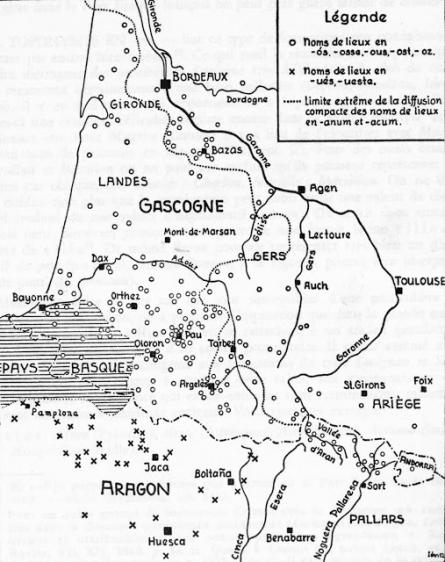Moose-tache wrote: ↑Sat Jul 31, 2021 3:57 am
I feel as if "Basque from the steppe" was an attempt to save or strengthen Vasco-Caucasian, the notion that Basque was related to NWC and NEC. But just why?
IIUC, the Basque also have a high genetic affinity with the Yamna and other steppe people, even higher than the descendants of Corded Ware, and certainly much higher than the Mediterranean populations that retain a lot of pre-invasion DNA. This bolsters the idea that the pre-Basque were a sort of "bow-wave," preceding the PIE invasion of central Europe. However, I agree that simply using an ergative alignment does nothing to connect Basque to other language families, especially since ergativity can develop or disappear within a language family.
I am aware of the fact that the Basque males are overwhelmingly R1b, but Y-DNA haplogroups are of course not the be-all, end-all of genetics, even if there was some hype about them in the second half of the 2010s (and I have to admit that I was myself carried away by that hype for some time!). Autosomal DNA often tells a different story, especially if exogamous partilocal groups are involved who exchange brides but not bridegrooms (the Yamnaya and Corded Ware people, for instance, have markedly different Y-DNA profiles but very similar autosomal DNA - which is
exactly what one would expect in such a situation); also, the Y-DNA profile can be skewed by founder effects.
But it cannot safely be ruled out that only the Corded Ware people spoke PIE and that the southern Yamnaya (whom I suspect to have spoken "Southern IE") spoke an unrelated language ancestral to Basque. However, as I have said before, this leaves the question when Anatolian separated from the rest of IE and how it ended up in Anatolia unanswered.
And before the Y-DNA haplogroup hype, when people looked at mtDNA and "classical markers", everybody said that the Basques were genetically quite different from the other people of Western Europe (that was before the ancient DNA revolution, of course, when only DNA of contemporary people could be studied). What is going on here?
And finally, there is the very true saying that
genes don't speak languages, so we may be barking up trees in entirely the wrong forest here

